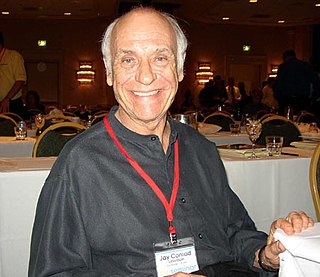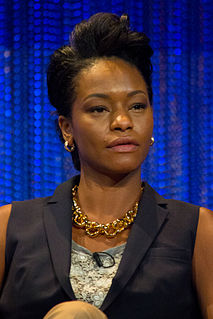A Quote by Nathan Myhrvold
Micropayments are great if you use them for a product or service with certain properties. It must be one where you can get away with usage-based pricing, and where there is a strong rationale for making it cheap, yet not free.
Related Quotes
No product is an island. A product is more than the product. It is a cohesive, integrated set of experiences. Think through all of the stages of a product or service - from initial intentions through final reflections, from first usage to help, service, and maintenance. Make them all work together seamlessly. That's systems thinking.
To the designer, great design is beautiful design. A significant amount of effort must be placed into making the product attractive. To the client, great design is effective. It must bring in customers and meet the goals put forth to the designer in the original brief. To the user, great design is functional. It’s easy to read, easy to use and easy to get out of it what was promised Truly great design, then, is when these three perspectives are considered and implemented equally to create a final product that is beautiful, effective and functional.
Four things have almost invariably followed the imposition of controls to keep prices below the level they would reach under supply and demand in a free market: (1) increased use of the product or service whose price is controlled, (2) Reduced supply of the same product or service, (3) quality deterioration, (4) black markets.
If you think of the product as a service, then the separate parts make no sense - the point of a product is to offer great experiences to its owner, which means that it offers a service. And that experience, that service, comprises the totality of its parts: The whole is indeed made up of all of the parts. The real value of a product consists of far more than the product's components.
When the functionality of a product or service overshoots what customers can use, it changes the way companies have to compete. When the product isn't yet good enough, the way you compete is by making better products. In order to make better products, the architecture of the product has to be interdependent and proprietary in character.
I think the most important work that is going on has to do with the search for very general and abstract features of what is sometimes called universal grammar: general properties of language that reflect a kind of biological necessity rather than logical necessity; that is, properties of language that are not logically necessary for such a system but which are essential invariant properties of human language and are known without learning. We know these properties but we don't learn them. We simply use our knowledge of these properties as the basis for learning.

































